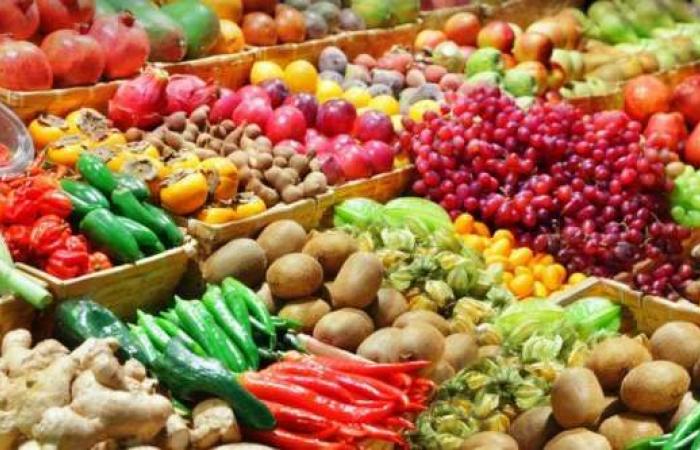Morocco stands out among the best placed African countries in terms of food security, according to Vanguard. This enviable position is the result of strategic policies such as the Green Morocco Plan and Generation Green, which have modernized agriculture and optimized the management of water resources. With annual production avoiding 9 million tonnes of cereals, mainly wheat, barley and corn, the Kingdom is strengthening its food self-sufficiency while remaining a key exporter of fruits, vegetables and olive oil.
Egypt also shares this distinction thanks to its ambitious irrigation projects and advanced agricultural techniques, producing 23 million tonnes of grain annually, while remaining a major importer of wheat. Tunisia, for its part, values its agricultural heritage with significant production of wheat and olive oil, although desertification and water stress continue to pose major challenges.
In West Africa, Ghana stands out thanks to its “Planting for Food and Jobs” program, which has boosted its maize production to more than 3 million tonnes per year. Kenya, for its part, is taking advantage of modern technologies to grow maize while maintaining its reputation in tea and coffee, although drought is hampering its ambitions.
Further south, Zambia exceeds its national needs with an annual production of 3.4 million tonnes of maize, consolidating its regional role thanks to exports of sugar, tobacco and maize. Senegal, at the same time, is banking on rice cultivation as part of the Emerging Senegal Plan, with production of more than 1.2 million tonnes of rice each year.
Rwanda, despite its limited land, has transformed its agricultural sector via the “Crop Intensification Program”, with a significant impact on corn, bean and potato harvests. South Africa, the continental leader, employs cutting-edge technology to produce 15 million tonnes of maize and 1.7 million tonnes of wheat, while exporting citrus fruits, wine and beef.
Finally, Nigeria impresses with more than 7 million tonnes of rice and its position as the world’s leading producer of cassava, thanks to initiatives like “The Green Alternative”. However, internal conflicts and climatic upheavals complicate its growth.
Faced with growing environmental constraints, Moroccan and African efforts in general demonstrate remarkable resilience and capacity for innovation, even if significant challenges remain.
Source: Le Matin






